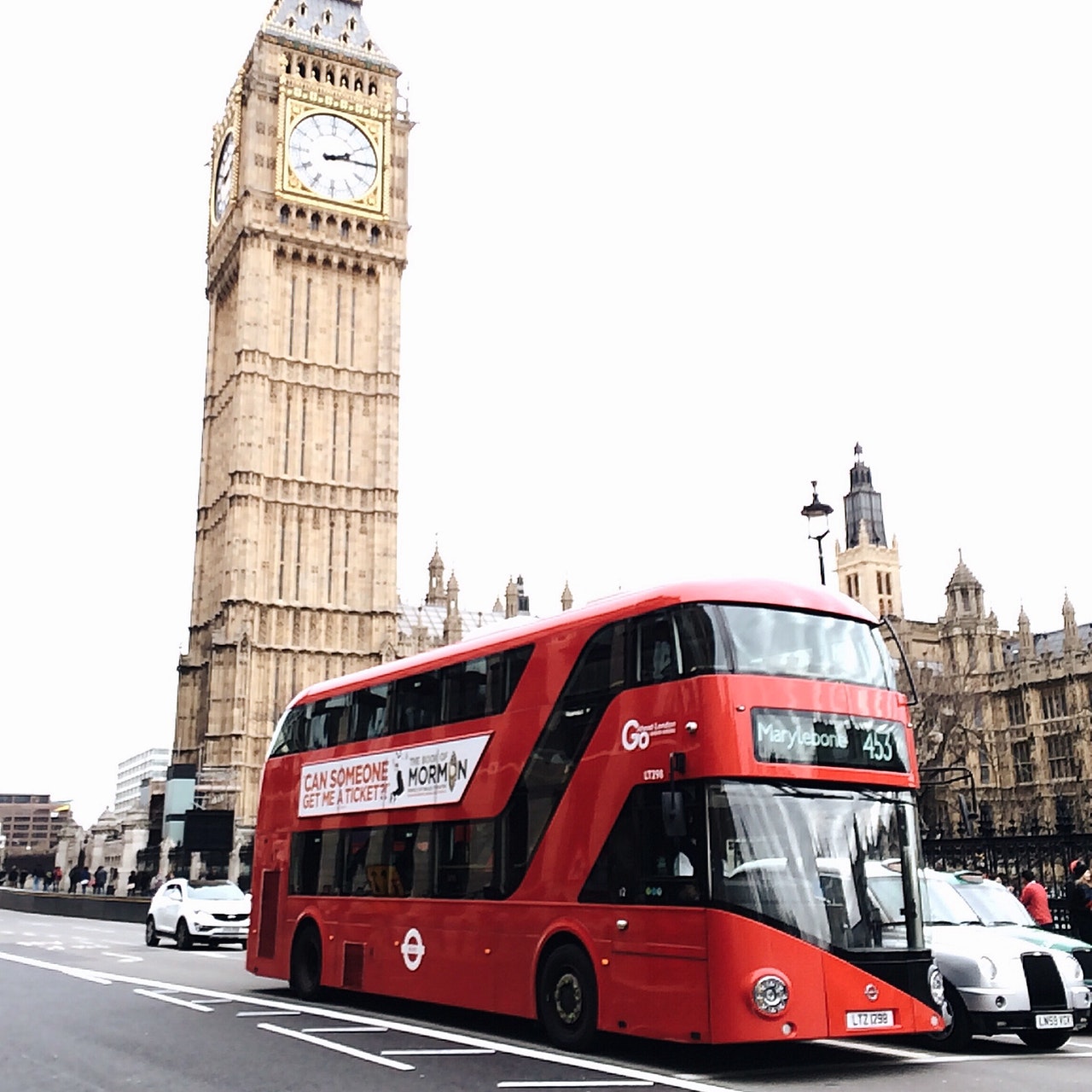New cycle lanes, wider pavements, and low traffic zones on residential streets will be among emergency measures to keep London moving when the Government eases lockdown.
Sadiq Khan has announced preliminary plans to keep commuters safe – but warned many will have to stay working from home.
Public transport capacity will be “dramatically reduced” because Londoners will need to continue social distancing to avoid a second surge of the virus, he said.
Under the Covid-19 lockdown, bus use in the capital has fallen 85%, while Underground trips are down 95%.
But when Londoners return to work, Tube capacity will be just 15% of normal levels, and bus capacity as low as 12%, if social distancing is to be maintained.
And more cars on the road would see the city hit gridlock, while accidents and air pollution could rocket, TfL warned today.
The transport network believes cycling could increase tenfold, with five times as many people walking, when lockdown restrictions begin to lift.
Temporary bike lanes along major Tube and bus routes will now be introduced, with traffic lanes and on-street parking co-opted to make way for bikes.
There will be a new cycle lane in Euston Road, and plans for another in Park Lane, near Hyde Park.
Cycleways being built between Kensington Olympia and Brentford, and Tower Hill and Greenwich will also be fast-tracked.
And low traffic zones will be introduced in residential areas to keep streets clear for cyclists and pedestrians – with the first planned to sit alongside the cycleway in Hounslow.
Pavements will be widened in town centres so people have room to queue for shops – Camden and Stoke Newington High Street pavements have already been doubled.
Some of these measures could become permanent if they prove effective, TfL said.
NOW READ: Will City of London roads stay safe after Covid-19 lockdown?
But London Assembly members today warned the plans will not work for outer London residents.
Conservative transport lead Keith Prince – who represents Redbridge and Havering on the Assembly – said it was “complete madness” to think walking and cycling could replace millions of bus and Tube journeys.
“It’s simply not possible for many Londoners who live in the outer boroughs to cycle or walk into work,” he said. “If the Mayor wants them to avoid using cars, he needs to make a plan to get London’s public transport moving safely now.”
Mr Prince said the Mayor has had weeks to prepare for the end of lockdown – and should follow the lead of other European cities, and give transport workers face masks to keep them safe.
At least 34 transport staff – including 28 bus workers – have died in London, according to figures confirmed last week.
“If the Mayor hasn’t prepared TfL to safely transport thousands more commuters, he’s jeopardising people’s health and our city’s economic recovery and putting jobs at risk,” Mr Prince warned.
Green assembly member Caroline Russell said the Mayor’s plans are “absolutely what’s needed” but have been “slow in coming”.
“What’s been included so far is very focused on inner London,” she said. “We need to support all across London not just the inner boroughs.
“Everyone is realising that physical distancing and living with the virus is here to stay. We’re all going to be living more local lives.”
But more car use would lead to increased air pollution – which must be avoided as London adjust to the “constant threat of a respiratory pandemic”, she warned.
Liberal Democrat assembly member Caroline Pidgeon said widening pavements and bringing in new cycle lanes will play a “key role” in London transport for months ahead.
But these measures are “only part of the solution”, she warned. To make sure commuters don’t start driving, the Mayor should reintroduce the Ultra Low Emission Zone charge, with an exemption for key workers.
The fee for driving polluting vehicles in central London has been temporarily scrapped during the pandemic.
TfL will need to offer “bold proposals” to avoid a rush hour travel peak, and employers will have to “totally transform” their business hours and accept working from home, Ms Pidgeon said.
For the latest headlines from the City of London and beyond, follow City Matters on Twitter, Instagram and LinkedIn.








